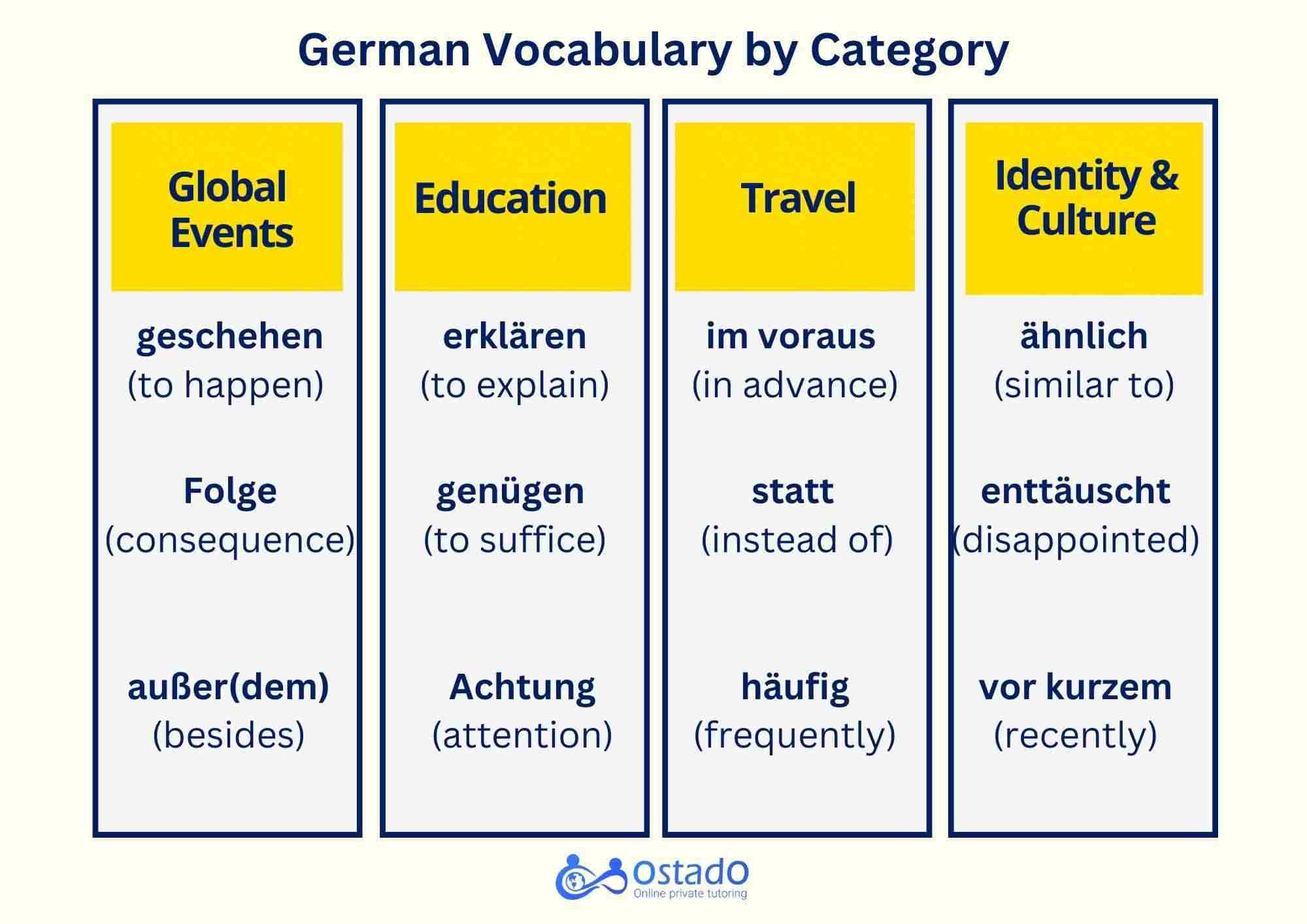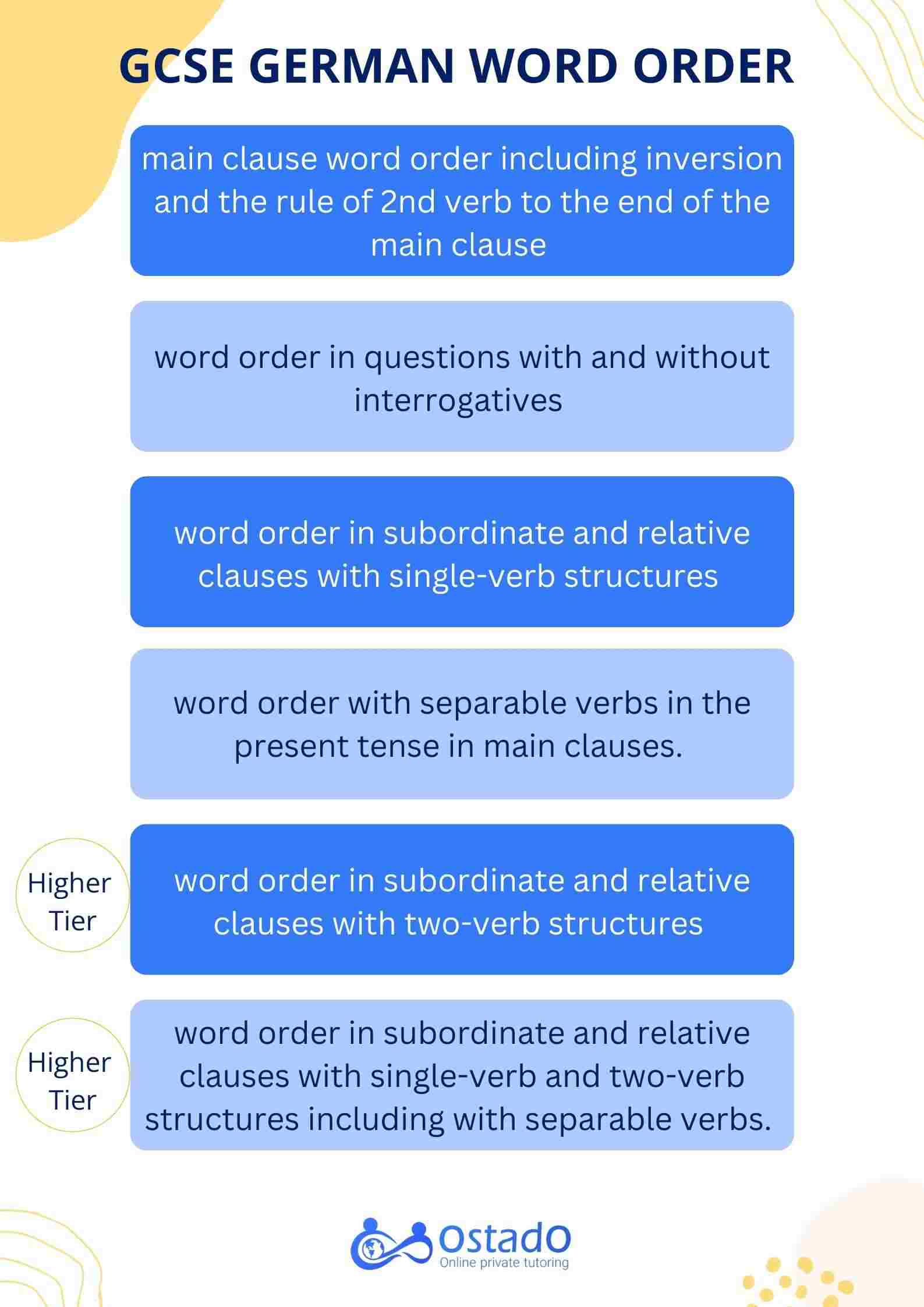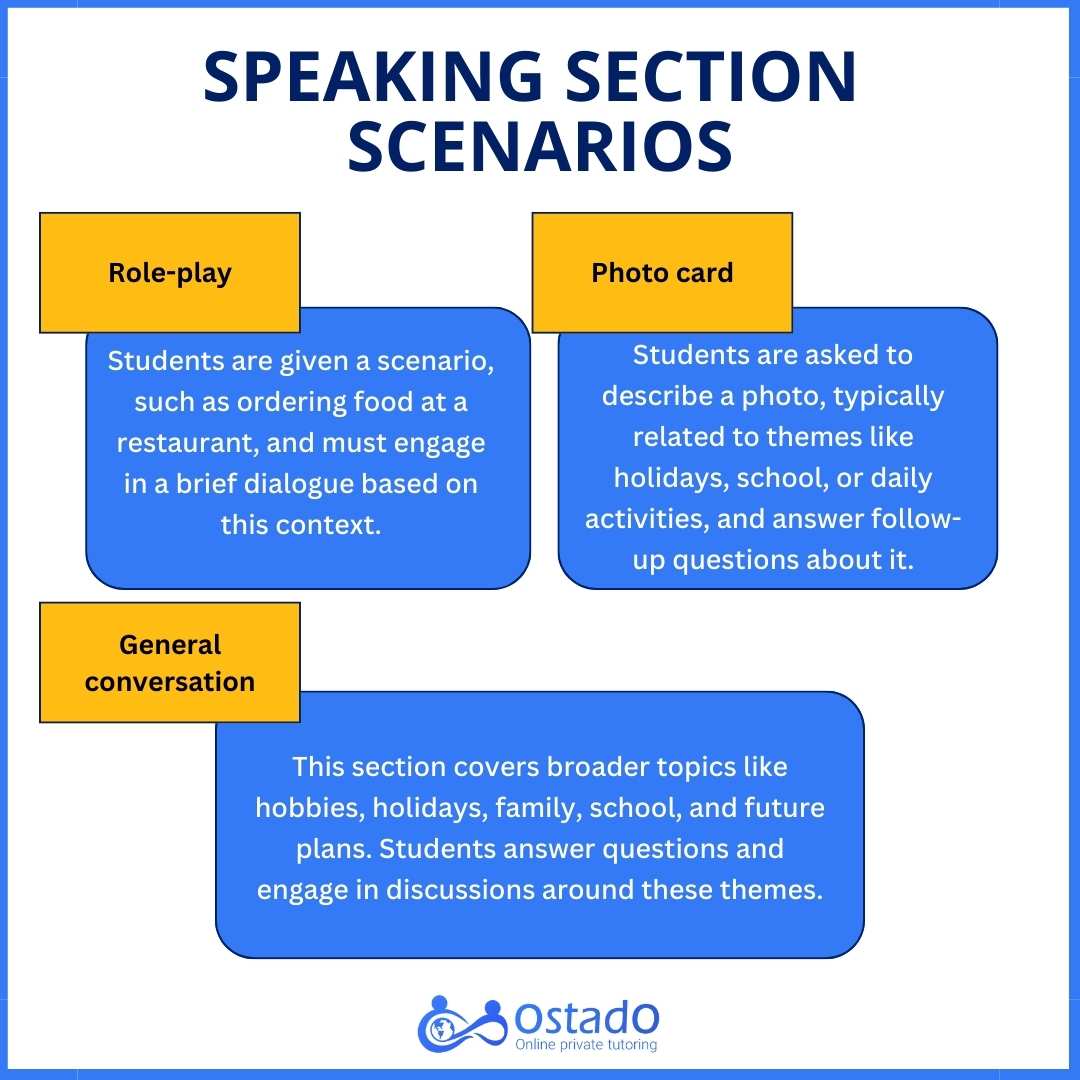Many students and parents feel puzzled about how to revise for German GCSE. Even for bilinguals, the topics and skills to cover are vast.
According to statistics, the GCSE German pass rate is around 77%. How to revise GCSE German to be on the 77% pass rate? How to get a 9? With the right approach.
Let’s start with simple, effective revision techniques to improve your results!
Step 1: Create a Balanced Study Plan
A solid revision plan is key to success, especially when balancing two languages.
Schedule Revision by Skill
The GCSE German exam consists of four papers:
- Listening
- Speaking
- Reading
- Writing
Cover all skills. Focus on your weaknesses, but don’t forget other skills. Daily practices are excellent for language skills. A GCSE revision timetable can be helpful.
Stay Motivated and Take Breaks
There’s a strong connection between subject confidence and exam success. How to build confidence in children? Help them stay motivated and believe in their abilities.
Consistency is more important than long study hours. The Pomodoro Study Technique can help you. This means splitting the study session into 25 minutes with a 5-minute break for each session.
Step 2: Build Your GCSE-Specific Vocabulary
German GCSE revision needs targeted exam practice. Even if you’re familiar with German vocabulary, pay attention to exam topics and related phrases.
Focus on GCSE Topics
GCSE German exams have specific themes:
- Environment and global events
- Education
- Travel
- Identity and culture
- Future study and work
Using flashcards to learn German vocabulary is an effective method. GCSE revision apps such as Quizlet help you with that. To make your own flashcard, you can visit your exam board vocabulary list:
Keep It Structured
Categorise the useful phrases of the German language. For instance, if you’re studying school-related phrases today, dedicate another day to environment vocabulary.

Explore German Culture in the GCSE Exam
The German GCSE exam includes cultural topics, primarily under the theme of Identity and Culture. Questions are mostly about German costumes and festivals like Oktoberfest and Karneval.
Study Rocket and Seneca Learning are excellent for exploring German culture.
Step 3: Polish Up Your German Grammar
Even speaking German, you should know that German GCSE requires accurate grammar. BBC Bitesize is a great place to learn and practise grammar.
Focus on Tricky Grammar Points
Answering GCSE questions requires properly using German cases (nominative, accusative, dative, genitive), verb conjugations, and sentence structure.

Mind Your English Grammar
The writing section requires translation skills. For that, you need both English and German knowledge. You might also need to compare ideas between English and German.
Step 4: Boost Your Listening Skills with Native Resources
Language learning is about listening. German radio is an excellent place for that. Below are our handpicked resources:
If your English skills need improvement, try listening to English podcasts or radio to boost your fluency for the written and listening parts of the exam.
Step 5: Practise Speaking with Real-Life Conversations
Many German speakers neglect this section. Depending on your exam board, the speaking paper revolves around specific scenarios.
You’ll be asked to have conversations about activities, holidays, hobbies, etc. Role-playing is a great technique.
Practise speaking about your answers in both languages. You might need to switch between German and English during the exam, especially when explaining answers.

Step 6. Sharpen Your GCSE Skills with an Online Tutor
Targeted practice based on your child’s weaknesses and learning style helps them learn faster and deeper.
Ostado provides what you need.
Our GCSE tutors help your child confidently face the exams. Progress tracking, interactive lessons, and exam skills are among the skills that our expert tutors offer.
For your comfort, we also offer free trial sessions so that you can choose the best tutor.
Step 7: Use Past Papers and Timed Practice
Past papers help you understand the exam structure and question format. Practising under timed conditions, similar to the exam, helps you get comfortable with timings.
Make sure to study the mark scheme. Find your weaknesses and focus on strengthening them.
Use a Mix of Resources
Revision books for GCSE help you structure your revision and plan for success. For a more engaging approach, combine GCSE German materials with German media.
Bonus Tip: Keep a Language Journal
Write a few sentences each day in both English and German. This will help you improve your writing skills and track your progress in both languages.
Your German GCSE Exam At a Glance
How to revise GCSE German? Familiarity with exam format is a good start. The exam structure is quite similar among exam boards. However, the question format might vary slightly. Based on How much does a GCSE cost? Exam boards also have slightly different fees.
GCSE German has two tiers: Foundation and Higher. You must choose one tier for all papers. The higher tier involves more complex texts and longer listening sections.
| GCSE German: Higher Tier vs. Foundation Tier | |||
| Exam Tier | Exam Duration | Grading | English Reliance |
| Foundation Tier | 35-60 | 1-5 | ⬆️ |
| Higher Tier | 45-75 | 4-9 | ⬇️ |
https://ostado.uk/blog/wp-admin/edit-tags.php?taxonomy=helpie_faq_group&post_type=helpie_faq&helpie_faq_page_action=create

